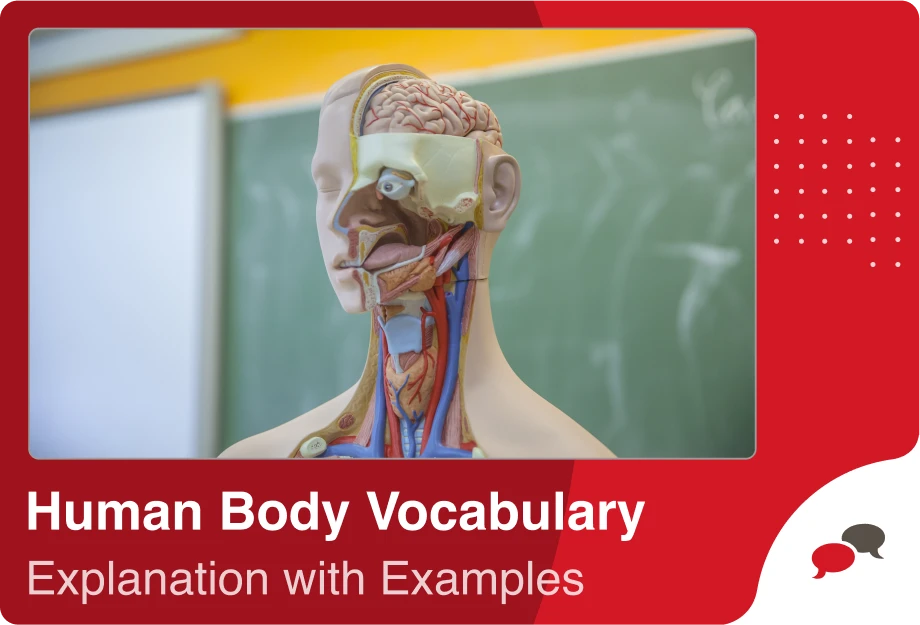Understanding prefixes in English is a great way to enhance your vocabulary and grasp the meaning of new words. Prefixes are tiny components that are attached to the beginning of words, and they are used to modify the meanings. In this content we are going to explore how prefixes work and what they change when they are added in front of the words. By learning about prefixes, you can enrich your language skills, making it easier to understand and communicate more effectively.
What are Prefixes?
Prefixes are sets of letters that we add to the beginning of words to create new words with various meanings. These subtle but significant additions have the power to change a word into its opposite, express a negative meaning, or explain connections to place or time. For example, prefixes can change the meaning of a base word; adding “un-” to “known” results in “unknown.” This demonstrates how prefixes work in the English language.
When to Use Prefixes?
Prefixes in English are used to create different meanings. They are attached at the beginning of various words for many reasons, and they are a good way to enhance one’s language. Prefixes are commonly used in order to;
Form Antonyms: Prefixes can transform a word into its opposite, making them invaluable for expanding your vocabulary with antonyms. For instance, adding “un-” to “happy” creates “unhappy.”
Indicate Negation or Absence: Prefixes like “non-“, “in-“, and “un-” can express negation or the absence of a quality. For example, “in-” added to “correct” forms “incorrect,” signifying something is not correct.
Show Degree or Size: Some prefixes, such as “micro-” and “mega-“, denote the scale or extent of something. “Micro-” indicates something small like in “microscope,” while “mega-” suggests largeness, as in “megacity.”
Specify Time, Order, or Relation: Prefixes can also convey when something happens, its order, or how things are related. “Pre-” signifies before, as in “prewar,” while “post-” denotes after, like in “postwar.” Similarly, “sub-” can imply a subordinate level or beneath, as in “subcommittee.”
Specify Location or Direction: Prefixes can describe where something is or the direction it’s in. For example, “inter-” means between or among, as in “international,” and “trans-” signifies across, as seen in “transcontinental.”
Create Verbs: Adding prefixes to nouns or adjectives can turn them into verbs, thus expanding the ways you can express actions. For instance, “en-” can be added to “rich” to form “enrich.”
Form Technical or Specialized Terms: In many fields such as science, medicine, and technology, prefixes are used to create jargon and specialized terms. “Cyber-” relates to computers or the internet, as in “cybersecurity,” and “bio-” pertains to life and biology, as seen in “biodiversity.”
Examples of Prefixes in English
Prefixes are commonly used in daily English conversations. In order to create various words and emphasise different meanings coming from the root (original word), we must first know the meanings that prefixes add. Here, you can see a table including the most common prefixes in the English language, with their meanings and examples.
| Prefix | Meaning | Examples |
|---|---|---|
| anti- | against/opposed to | anti-government, anti-racist, anti-war |
| auto- | self | autobiography, automobile |
| de- | reverse or change | de-classify, decontaminate, demotivate |
| dis- | reverse or remove | disagree, displeasure, disqualify |
| down- | reduce or lower | downgrade, downhearted |
| extra- | beyond | extraordinary, extraterrestrial |
| hyper- | extreme | hyperactive, hypertension |
| il-, im-, in-, ir- | not | illegal, impossible, insecure, irregular |
| inter- | between | interactive, international |
| mega- | very big, important | megabyte, mega-deal, megaton |
| mid- | middle | midday, midnight, mid-October |
| mis- | incorrectly, badly | misaligned, mislead, misspelt |
| non- | not | non-payment, non-smoking |
| over- | too much | overcook, overcharge, overrate |
| out- | go beyond | outdo, out-perform, outrun |
| post- | after | post-election, post-war |
| pre- | before | prehistoric, pre-war |
| pro- | in favour of | pro-communist, pro-democracy |
| re- | again | reconsider, redo, rewrite |
| semi- | half | semicircle, semi-retired |
| sub- | under, below | submarine, sub-Saharan |
| super- | above, beyond | super-hero, supermodel |
| tele- | at a distance | television, telepathic |
| trans- | across | transatlantic, transfer |
| ultra- | extremely | ultra-compact, ultrasound |
| un- | remove, reverse, not | undo, unpack, unhappy |
| under- | less than, beneath | undercook, underestimate |
| up- | make or move higher | upgrade, uphill |
Frequently Asked Questions About Prefixes in English
What is a prefix word?
The most commonly used prefixes in English are a-, be-, de-, dis-, ex-, in-, mis-, non-, over-, pre-, re-, uni- and with-.
What are 10 examples of prefixes?
The three major body systems are called digestive system, circulatory system and respiratory system.
How do you use a prefix in a word?
A prefix is a single letter or a set of letters added to the beginning of a word to create a new word with a different meaning.
What is the prefix for “success”?
The common prefix for the word “success” is -un, which is used to create the word’s antonym, “unsuccessful”.
Would you like to put what you have learned into practice? You can access everything you need to learn English on a single platform! With 25-minute one-on-one live English lessons, 40-minute group lessons, more than 30,000 interactive videos, vocabulary learning tools, AI-supported tutor MiMi, quizzes, and interactive activities, EnglishCentral offers its users a personalized and quality education plan at an affordable price. How about registering for EnglishCentral now and starting to learn English?











